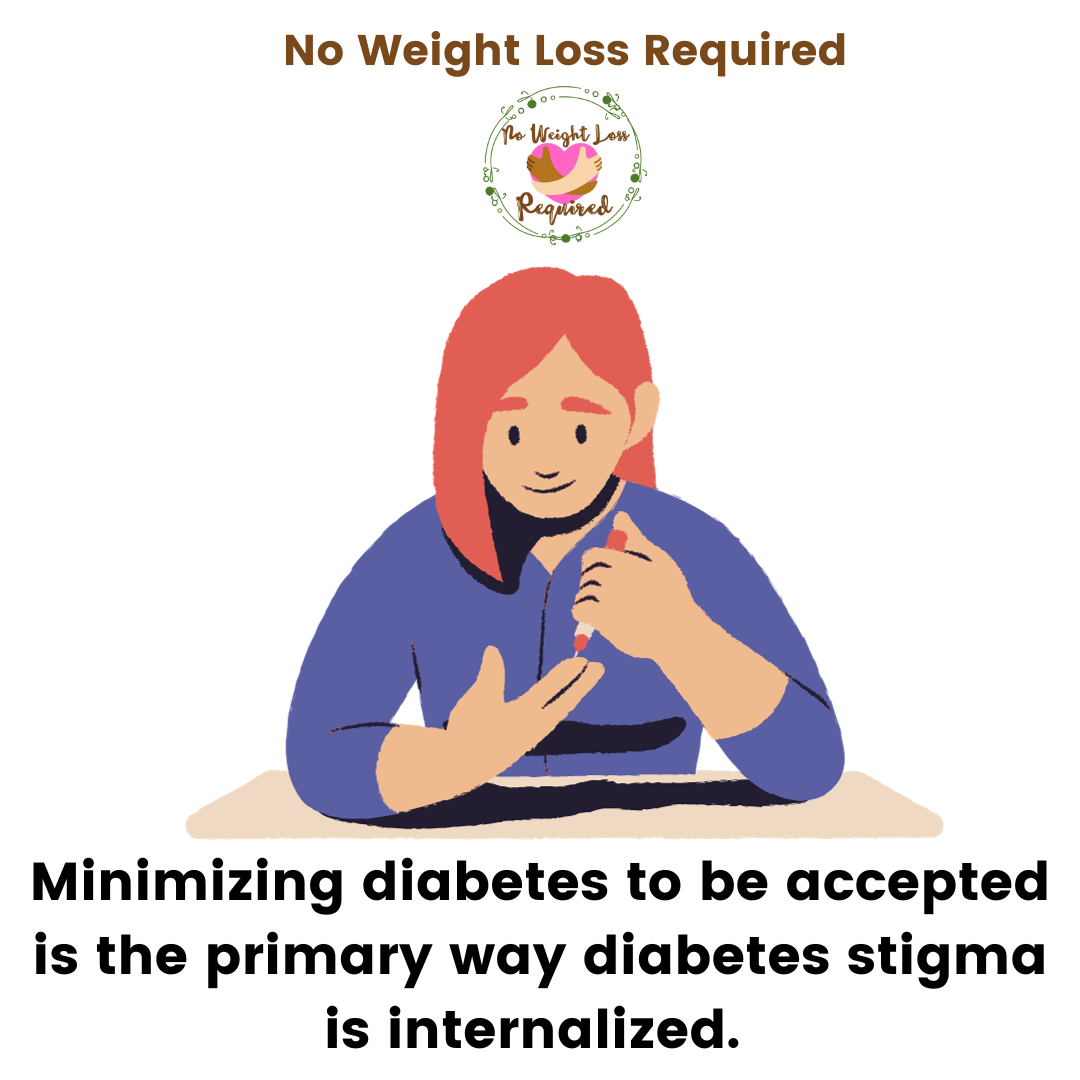November is diabetes awareness month
And it is a great month to stop denying how hard it is to have diabetes!
Diabetes Awareness Month is underway, and for people with diabetes, one of the best things to become aware of is when you minimize and deny how hard it is to have diabetes.
Our society has demanded a right to comfort that has erased the effort required by having diabetes. Phases like "My diabetes isn't bad." typify this larger issue. You are correct. Diabetes isn't "bad." Diabetes is hard. Diabetes is relentless, and it doesn't stop, sleep, or take a vacation.
When someone casually mentions that having a chronic condition "…isn't that bad." It reeks of privilege. I have heard countless times someone without diabetes muse, "Diabetes isn't that bad if they just …" When I have my wits about me, I share why this response typifies how diabetes is minimized and is full of microaggressions that deserve to be unpacked.
You see, the "…if they just…" addition is tacked on a sentence when loving (and not so-loving) people offload their discomfort and ignorance about diabetes, chronic illness, disability, aging, or food. These comments land as judgment and reinforce minimizing the actual effort required to manage blood glucose. Behavioral Diabetes Institute created a dynamite handout called Diabetes Etiquette to help friends and co-workers navigate the social do's and don'ts surrounding diabetes care.
Every day, PWD have to make many decisions about their diabetes. The research suggests somewhere between 180-300 daily are being made. Some quick math translates this number into every 4-8 minutes, and a PWD is quietly managing some aspect of their diabetes. It includes deciding how to respond to diabetes chatter, expressly agreeing, disagreeing, or ignoring what was said about diabetes.
What Silence IS Saying
People with diabetes are exhausted. Remaining silent is an effective way to conserve energy and move on. Yet, here is why silence and denial aren't an effective long-term strategy. When a PWD denies the burden of diabetes, it isn't the diabetes that is being ignored but the stigma of diabetes. Stigma, or the othering of a person or group of people, is one of many ways oppression is present. So when you deny or minimize the mental, emotional, physical, or economic burden of diabetes, you aren't managing your diabetes; you are managing the beliefs and opinions of those around you. People with diabetes do this to meet the human need of belonging. Over time, minimizing diabetes to be accepted is the primary way diabetes stigma is internalized.
So when you deny or minimize the mental, emotional, physical, or economic burden of diabetes, you aren't managing your diabetes; you are managing the beliefs and opinions of those around you. People with diabetes do this to meet the human need of belonging. Over time, minimizing diabetes to be accepted is the primary way diabetes stigma is internalized.
This diabetes awareness month, consider what it would take for you to claim to have diabetes. Imagine permitting yourself to say, "Having diabetes is hard." You don't have to explain why it is hard. Acknowledging what is present is being honest. While initially awkward, with practice, this shift opens the door to the space and grace that denying diabetes can't.
If you love someone with diabetes, read the Diabetes Etiquette handout from BDI and learn more about diabetes stigma at EndDiabetesStigma.org.
No Weight Loss Required is a free weight-inclusive newsletter for people with type 2 diabetes. Inclusive Diabetes Care is a professional continuing education provider untangling the many stigmas associated with diabetes.



